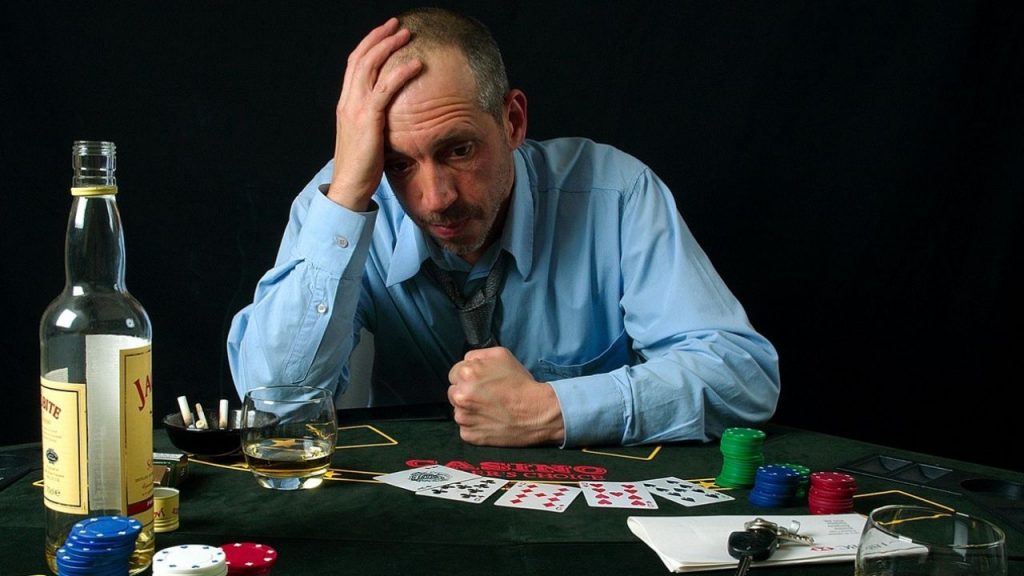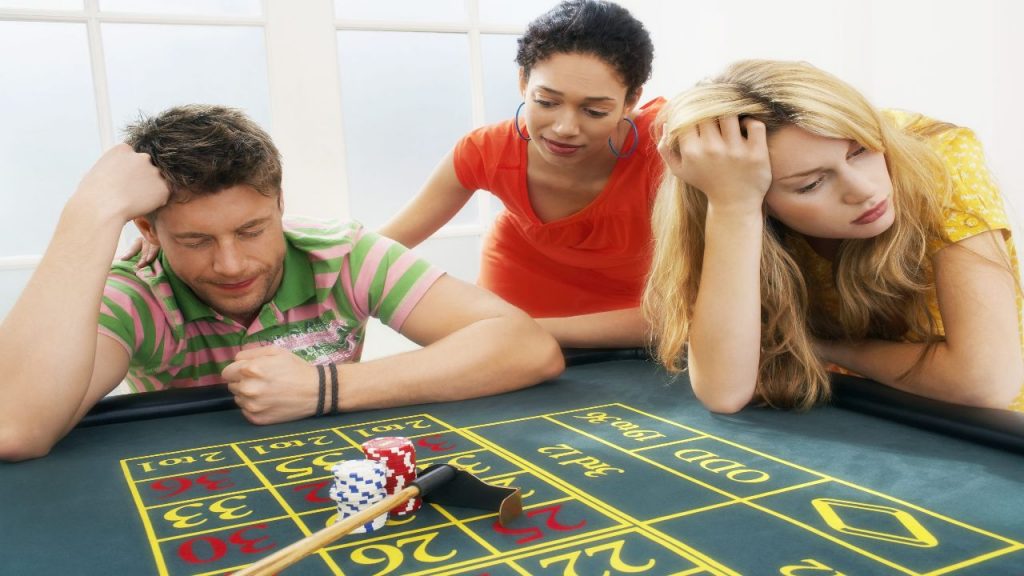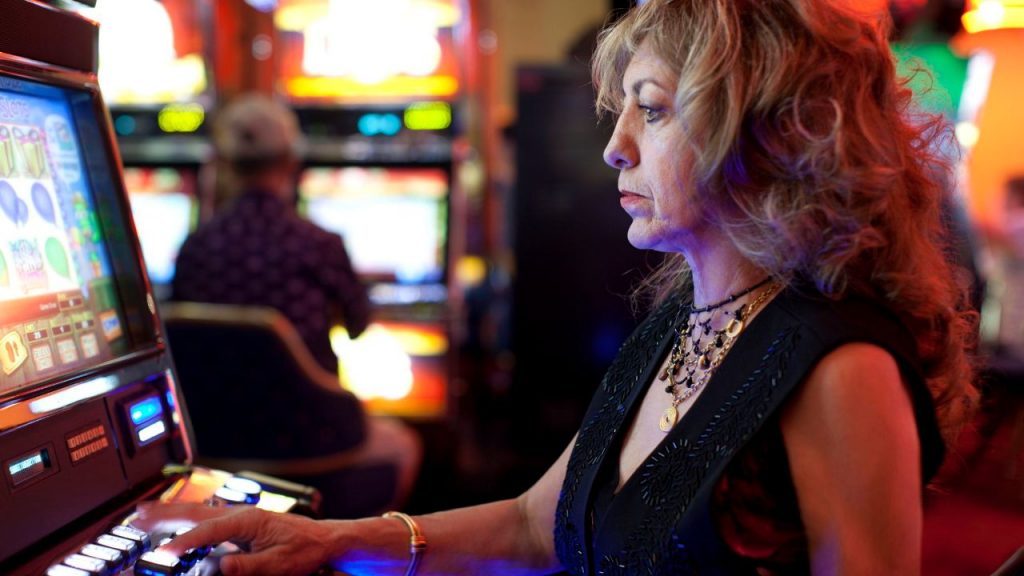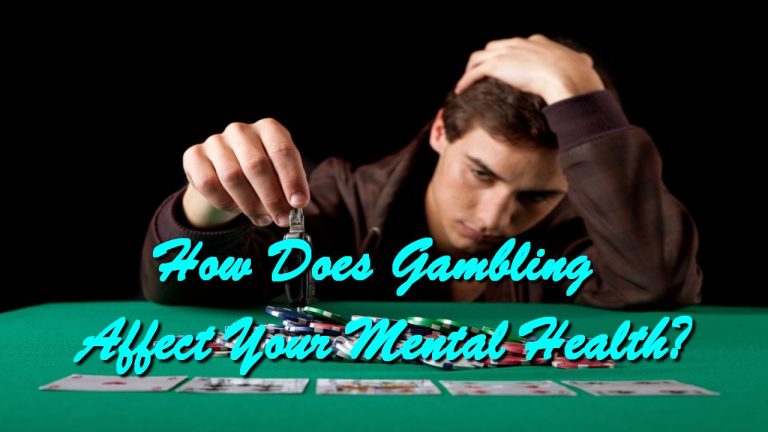Marketers and other publicists have done a good job, portraying gambling as a harmless way in which people interact with each other and win money in the process. However, gambling has quite the addictive characteristic and can rob a person of their character and personality.
If you are looking for the right game to play and alleviate your mood, we have the right option for you. Click on this 918kaya “play link” and enjoy the best array of games.
Let’s look at the relationship between gambling and mental health.
Gambling and mental health

Are we condemning all forms of gambling in this article? No. What we are against is compulsive gambling that consumes a person’s drive and eats up their finances. From our research and experience, compulsive gambling can lead to the following mental illnesses and disorders.
Depression

Gambling has an effect on the part of the brain that produces adrenaline, endorphins, and pheromones. This part can be attributed to the relevance to which we have allocated money and finances in our lives. With each card game or turn of the slot machine, we are pumping our brains with a new flow of hormones as we hope to be the next big winner in slot games or blackjack.
Over time, our brain gets used (a tolerance) to small bets and seeks a better release and reward. This will lead to a person taking bigger bets and risks to feel the same level of excitement as before. With bigger risks and bigger potential risks, it is only a matter of time before people start feeling depressed.
Gambling and moods

Compulsive gambling affects the moods of a compulsive gambler. When they win, you can expect their moods to be positive, and it becomes easier to be around them. However, one loses, and it becomes impossible to deal with them.
In the case that they lack money or don’t gamble for a while, such people are unable to find meaning and joy with other mundane activities in life.
Anxiety
With the mind conditioned to value gambling above all other things, the mind of a compulsive gambler will grow more anxious the more they are drawn away from gambling. They tend to be more fidgety, anxious, and difficult to be around.
It is up to friends and families to spot these symptoms early and recommend a professional who can help them back to the straight and narrow.
Conclusion
The signs and various measures that have been highlighted above don’t necessarily have to apply to you. You might have a loved one, a friend, or a colleague who is showing signs of anxiety, depression, or compulsive gambling. Sometimes, it can be harder to spot these signs, and you might need to dig deep into their lives to identify said symptoms.
Remember that offering an affected person money or other short-term solutions will not solve their gambling problems. Consider bringing in a professional who can help in the diagnosis and also the treatment.

